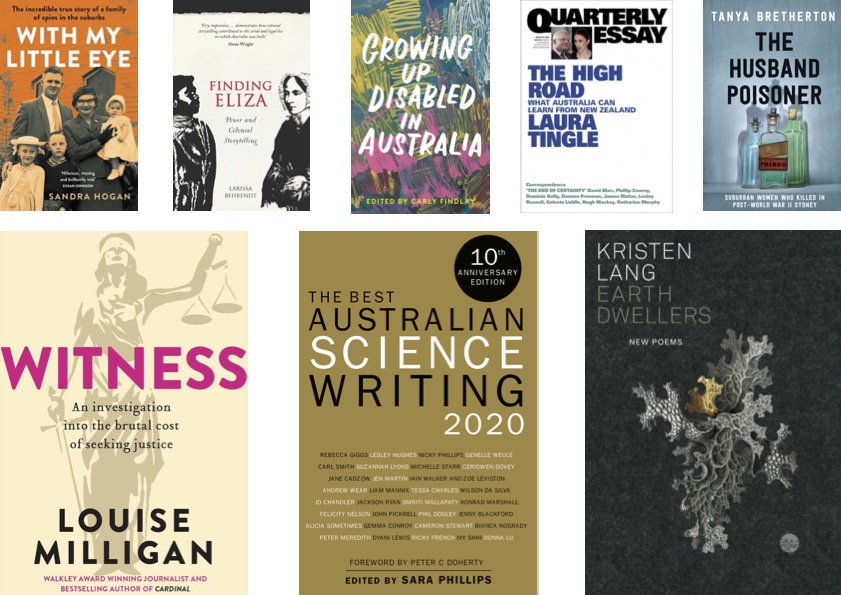
Hello Readers!
For April there was:
Reviews: 13
Reviewers: 9
Books Reviewed: 12 (1 poetry)
A pretty standard month here for non-fiction but only the one poetry review for the whole of April.
The most prolific reviewer was: Katie Elder with 3 books reviewed.
The most reviewed title this month was: Witness by Louise Milligan (2020) which was reviewed twice.
As always, click on the coloured quote from a review to be taken directly to it. And a quick reminder: this round up includes poetry submissions despite their not being non-fiction. It just came out in the wash that way!
– – –
Before proceeding please be aware that some of the books discussed below mention sexual assualt, ableism, and racism/colonialism. There is no description or imagery relating to these topics.
Most Reviewed
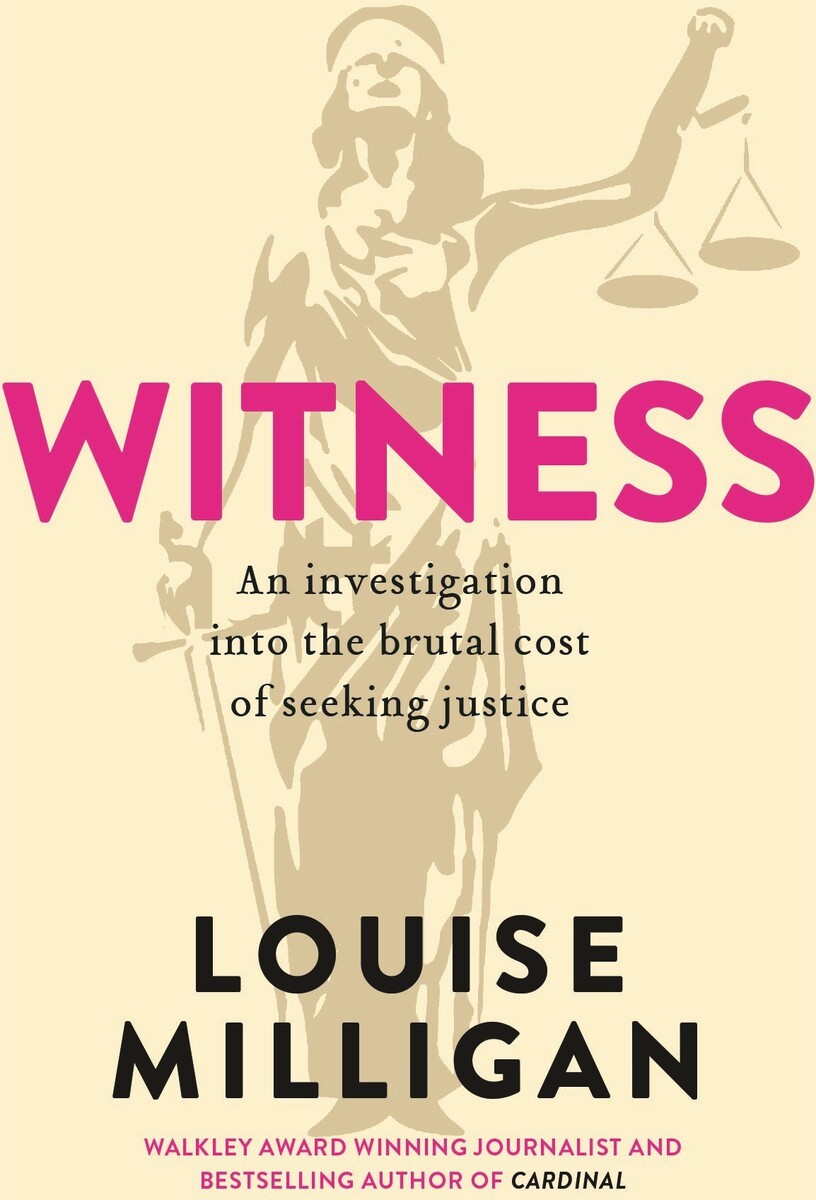 Recently short-listed for the 2021 Stella Prize, Louise Milligan’s Witness: An Investigation Into the Brutal Cost of Seeking Justice (2020) was one of only two non-fiction titles to receive that honour this year. Wading the muddied waters of sexual assault in politics, culture, and law, Witness is an examination of the power imbalance in our legal system – where exposing the truth is never guaranteed and, for victims, justice is often elusive. At the end of Maureen Helen’s exceptional summary, the review concludes by saying: “It informed, educated and entertained me. It prompted me to think in different ways. I am even more concerned now about the treatment meted out to victims of rape and other forms of sexual abuse.” Having worked on the book for almost five years, Jennifer Cameron-smith’s review highlights the power of “Ms Milligan’s account of her own experience as a witness and her harrowing report of cross-examination when she was called as a witness in the trial of R v George Pell”. I absolutely love Jennifer’s final statement on the book: “Read it and weep, but read it”. I know I will take that to heart.
Recently short-listed for the 2021 Stella Prize, Louise Milligan’s Witness: An Investigation Into the Brutal Cost of Seeking Justice (2020) was one of only two non-fiction titles to receive that honour this year. Wading the muddied waters of sexual assault in politics, culture, and law, Witness is an examination of the power imbalance in our legal system – where exposing the truth is never guaranteed and, for victims, justice is often elusive. At the end of Maureen Helen’s exceptional summary, the review concludes by saying: “It informed, educated and entertained me. It prompted me to think in different ways. I am even more concerned now about the treatment meted out to victims of rape and other forms of sexual abuse.” Having worked on the book for almost five years, Jennifer Cameron-smith’s review highlights the power of “Ms Milligan’s account of her own experience as a witness and her harrowing report of cross-examination when she was called as a witness in the trial of R v George Pell”. I absolutely love Jennifer’s final statement on the book: “Read it and weep, but read it”. I know I will take that to heart.
Only Poetry
Our single poetry review for this month was of the new-release Earth Dwellers (2021) by Kristen Lang. Reviewed by Jonathan Shaw, this collection of ecopoetry challenges human-centredness by immersing itself in powerful wilderness landscapes where the natural world is primary and humans have to find their place in it, rather than the other way around. Jonathan describes them as a “balm for the soul” and goes on to discuss the one poem, ‘A small child finds a ladybird’, in detail. You can read it in full here.
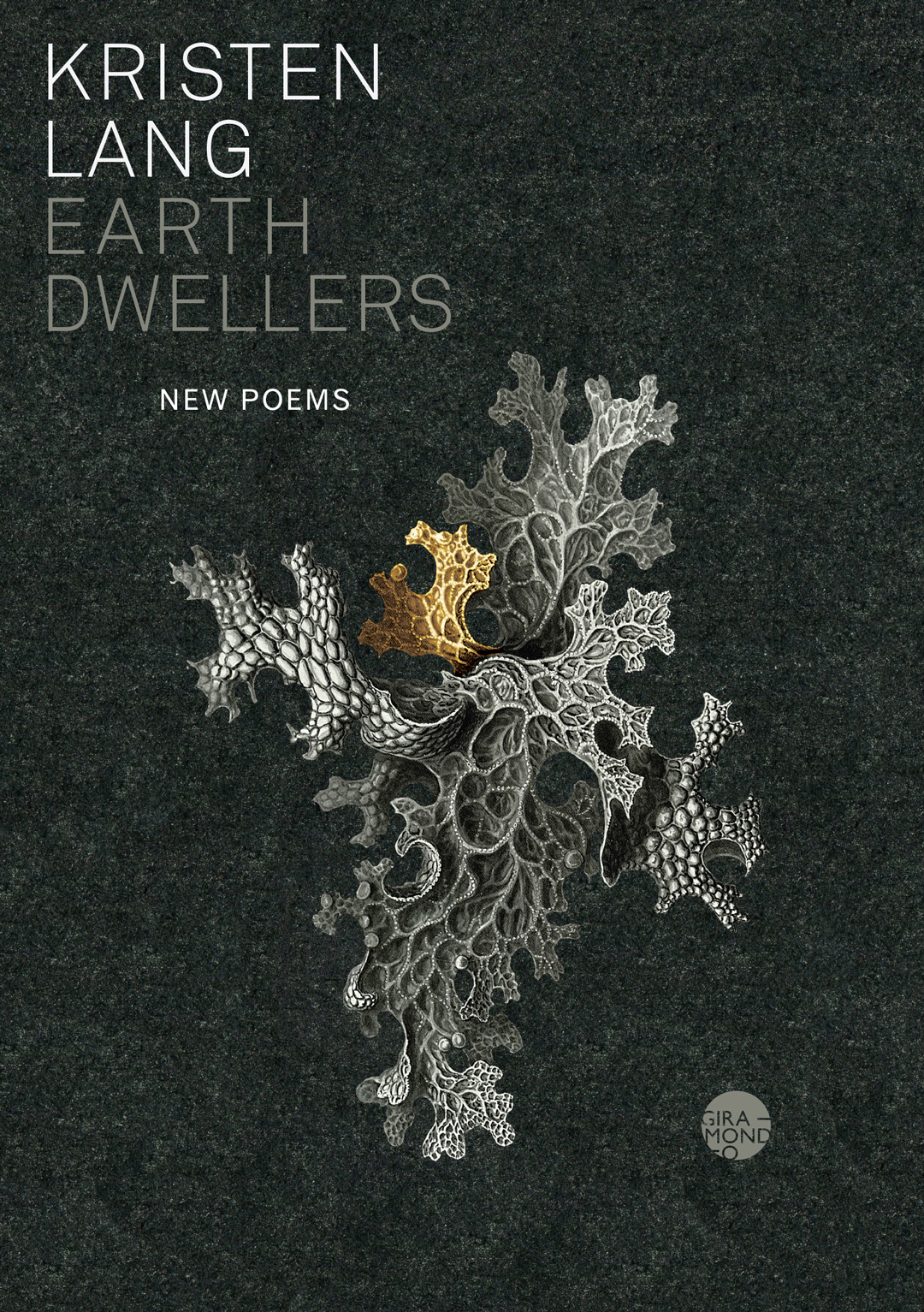
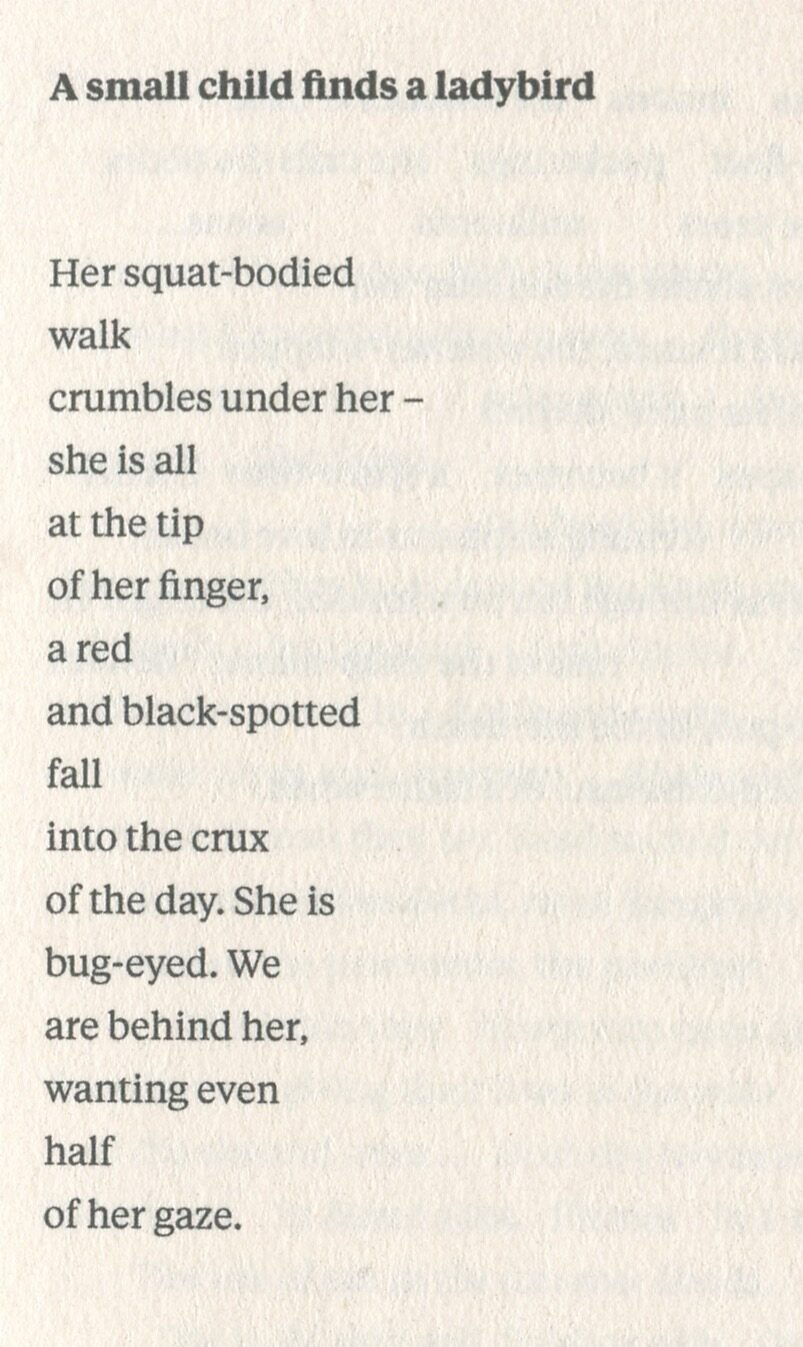
Poem image courtesy of Jonathan Shaw.
Collections
Among the several collections of non-fiction writings this month, up first was another review of Growing Up Disabled in Australia (2021) which is the latest in the ‘in Australia’ series and is edited by Carly Findlay with a range of contributors. Veronica Strachan says the book is “challenging, enlightening, thought-provoking, saddening and hopeful” and “is compelling reading for anyone seeking a better understanding of the twenty percent of people in Australian who live with a disability.” In general I think the reviews—including Veronica’s—show the widespread impact that ableism has not just on the person with the disability but on society as a whole, reemphasising how important these stories are.
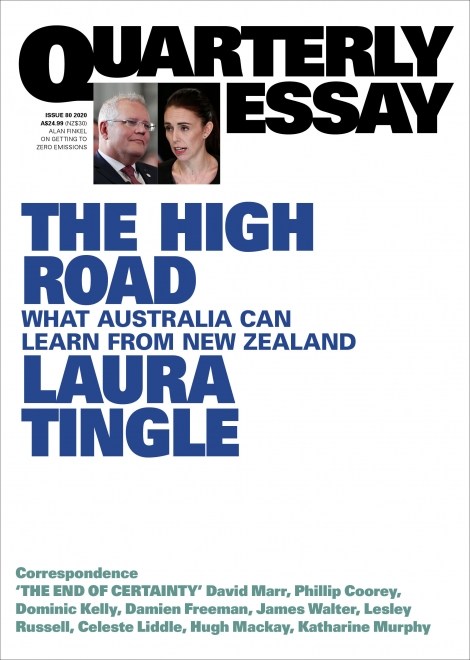 Jonathan Shaw reviewed Quarterly Essay #80 from November of 2020. In The High Road: What Australia Can Learn from New Zealand Laura Tingle looks at leadership, character and two nations in transition. Jonathan says:
Jonathan Shaw reviewed Quarterly Essay #80 from November of 2020. In The High Road: What Australia Can Learn from New Zealand Laura Tingle looks at leadership, character and two nations in transition. Jonathan says:
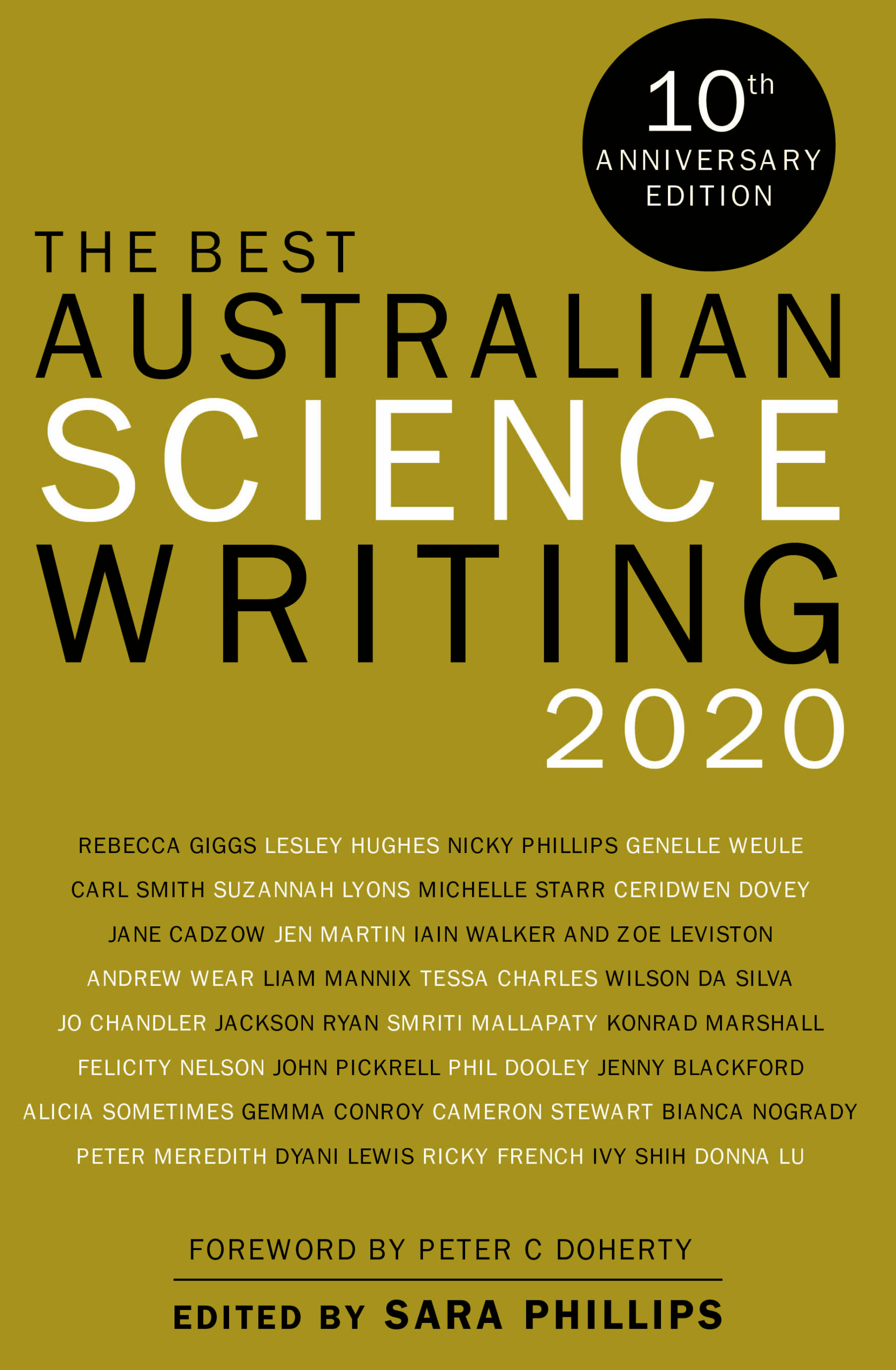 Last but not least for non-fiction collections this month was Sue at Whispering Gums’ review of The Best Australian Science Writing 2020 edited by Sara Phillips. A fascinating and unusual addition, this review really does it justice — I love reading reviews oozing with interest and passion for the book or subject. I was particularly interested in the observation that there was, “running through the volume, the close – and sometimes uncomfortable – relationship between science and politics”. Anthologies are always hard to review, especially when they cover such a vast field, but Sue says it is “rich volume, with so much to offer” and I recommend reading her review in full to see why.
Last but not least for non-fiction collections this month was Sue at Whispering Gums’ review of The Best Australian Science Writing 2020 edited by Sara Phillips. A fascinating and unusual addition, this review really does it justice — I love reading reviews oozing with interest and passion for the book or subject. I was particularly interested in the observation that there was, “running through the volume, the close – and sometimes uncomfortable – relationship between science and politics”. Anthologies are always hard to review, especially when they cover such a vast field, but Sue says it is “rich volume, with so much to offer” and I recommend reading her review in full to see why.
And…
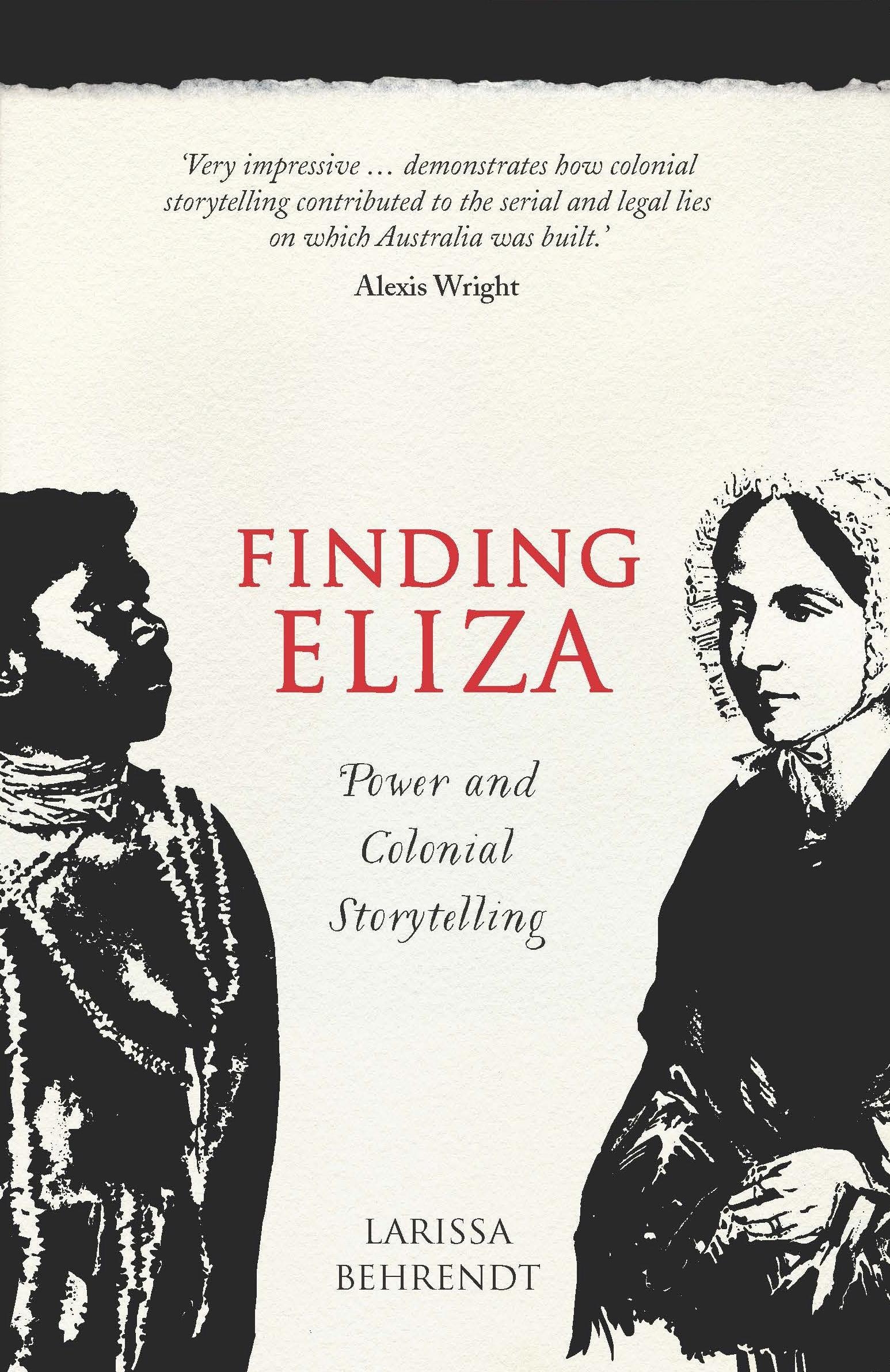 Another special mention to Katie Elder who has been adding her Instagram reviews from the last several years to the database. The photos are beautiful and this month she reviewed three non-fiction titles including Bri Lee’s essay collection Beauty (2009) and Is this the Way to Madagascar? (2007), a travel book by Lydia Laube. However I’m particularly interested in reading Finding Eliza: Power and Colonial Storytelling (2016) thanks to her review. This analysis of the portrayal of Aboriginals in white literature is, Katie says, “a brilliant book that I left sitting in my to be read pile for far too long. It left with me with much food for thought and was so engaging and well written that I finished it in two sittings.” See all Katie’s reviews on Instagram here.
Another special mention to Katie Elder who has been adding her Instagram reviews from the last several years to the database. The photos are beautiful and this month she reviewed three non-fiction titles including Bri Lee’s essay collection Beauty (2009) and Is this the Way to Madagascar? (2007), a travel book by Lydia Laube. However I’m particularly interested in reading Finding Eliza: Power and Colonial Storytelling (2016) thanks to her review. This analysis of the portrayal of Aboriginals in white literature is, Katie says, “a brilliant book that I left sitting in my to be read pile for far too long. It left with me with much food for thought and was so engaging and well written that I finished it in two sittings.” See all Katie’s reviews on Instagram here.
This month also included reviews of a two popular social history titles. Including The Husband Poisoner (2021) reviewed by Ashleigh Meikl which you can read here and With My Little Eye (2021) reviewed by Jennifer Cameron-smith which you can read here.
Thanks to all the Reviewers
Here is a list of the reviewers mentioned this month and where you can find their work. Visit them, if and when you can. Say that I sent you!
-
- Katie Elder — here on Instagram
- Maureen Helen — at maureenhelen.com
- Jennifer Cameron-smith — here at Goodreads
- Jonathan Shaw — at shawjonathan.com
- Veronica Strachan — here at Goodreads
- Sue — at Whispering Gums
- Ashleigh Meikle — at The Book Muse
Until Next Month!
Happy Reading 🤓📚
And remember, you can join the Australian Women Writers Challenge at any time. You don’t need a website or even a Goodreads account. You can post your review on Facebook, Instagram or any other online medium – Sign Up for the Challenge or Add Your Review now.
By Tegan Edwards
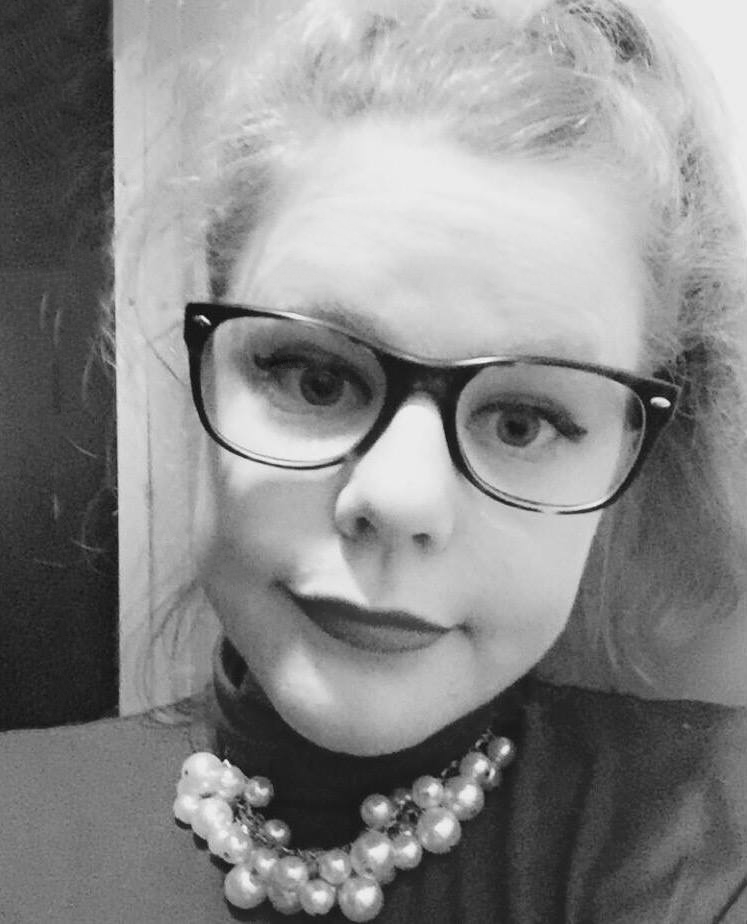 I write about stories and language at Slant Postscripts. I’ve worked extensively on nineteenth century fiction by women and decided it was high time I was more acquainted with books from this period that are closer to home. Did you know that the first book ever published on mainland Australia was by a woman? I have a project about it coming soon.
I write about stories and language at Slant Postscripts. I’ve worked extensively on nineteenth century fiction by women and decided it was high time I was more acquainted with books from this period that are closer to home. Did you know that the first book ever published on mainland Australia was by a woman? I have a project about it coming soon.
I write mostly about literary history and fiction which make up much of my research work. However my more personal writing often deals with different concepts such as illness, interpretation, trauma, injustice, and melancholia. Add me on Goodreads – I’d love to see what you’re reading!

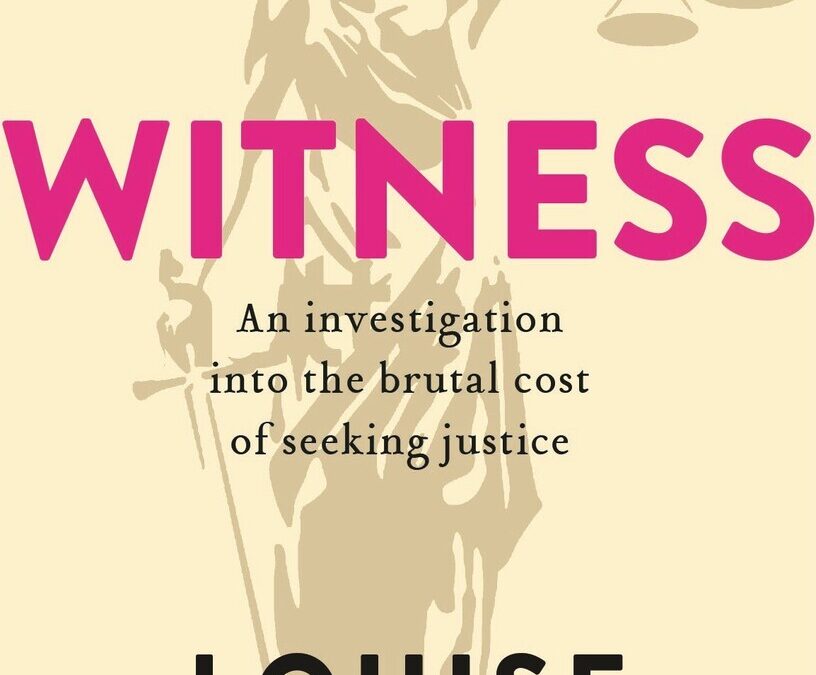
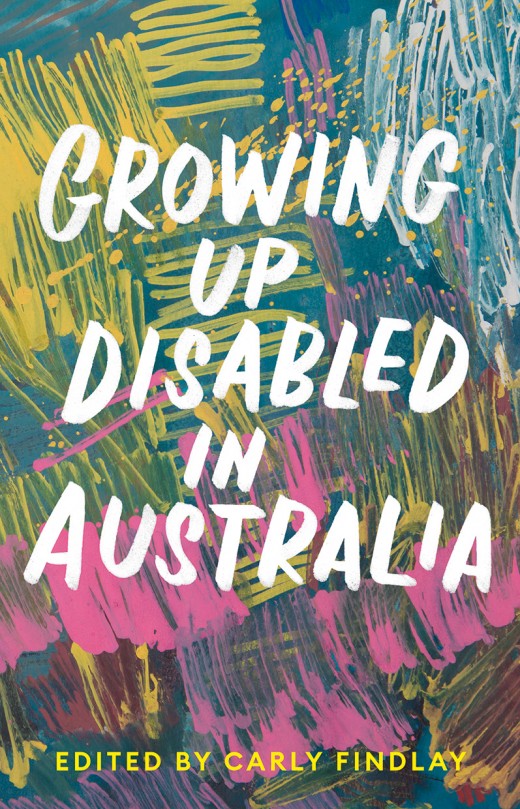




Oh such a fun round-up Tegan.
I’m glad you liked my promised non-fiction contribution for you!
I’m interested in other books here – I have Finding Eliza on my TBR, and am interested in reading quite a few of the others.
You just snuck it on the 29th!
I have to admit that I probably wouldn’t read the science writing anthology but that almost makes the review better (than not knowing about it at all).
I knew about the misconceptions about Fraser Island but hadn’t heard of Finding Eliza before. Such a great thing about doing these round ups… although my TBR pile certainly doesn’t “need” more titles
I did!
Finding Eliza is quite a few years old now which is why it’s damming that I haven’t read it, really. Every year I say I will!
Completely understand about not expecting to read the science writing anthology yourself…. And about these roundups being bad for the TBR.
Some interesting titles here Tegan, great wrap up.